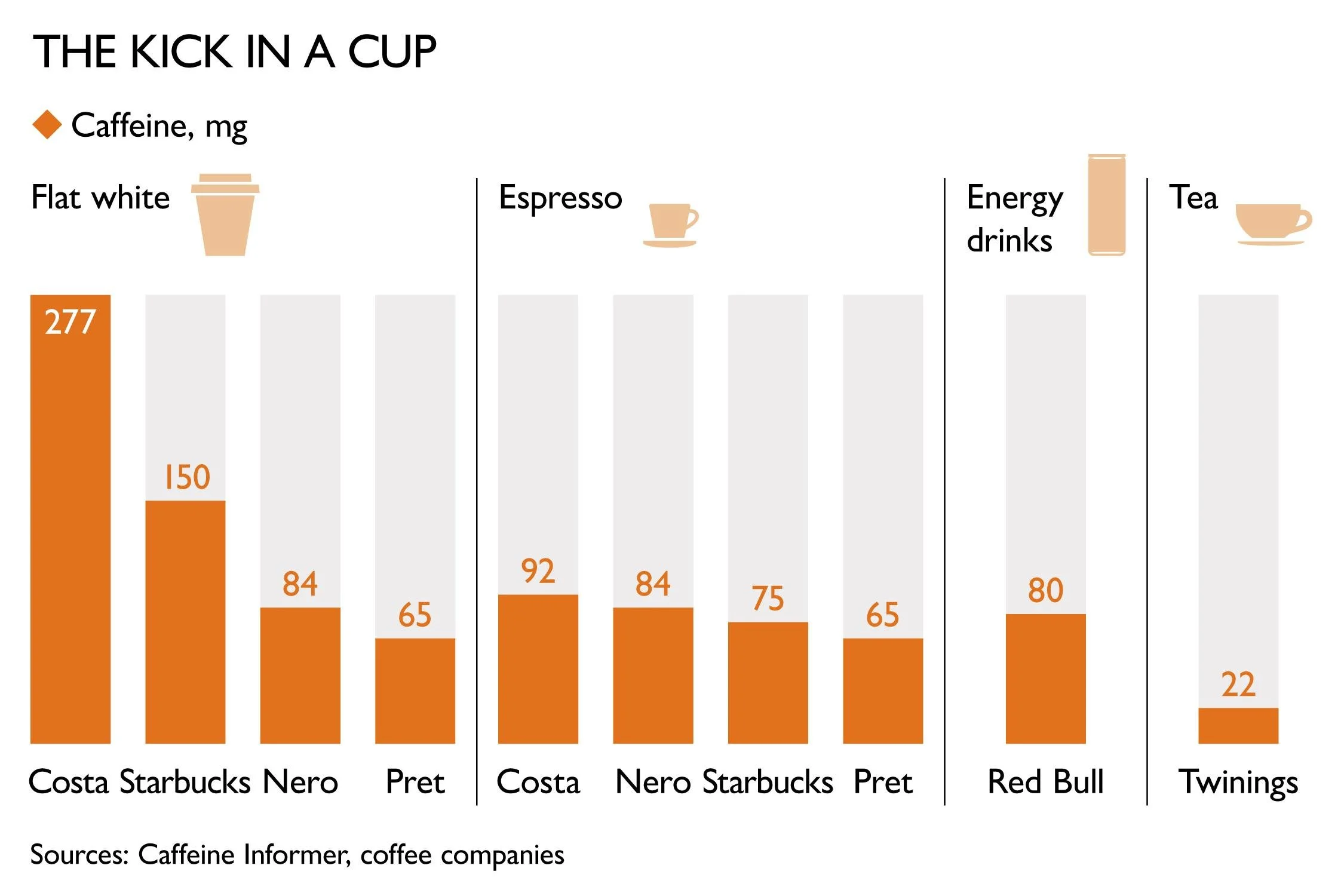Caffeine during PREGNANCY and breastfeeding
Caffeine and pregnancy
Who doesn’t love the smell of freshly ground coffee beans?
I sure do. Nothing beats going to your favourite coffee shop, picking up your morning roast along with a freshly made muffin. Yum!
However if you’re pregnant, you’ll want to take all the precautions necessary to ensure that you have a successful healthy pregnancy.
There are plenty of things which you can’t have whilst being pregnant and few things which you need to be mindful of, one being your caffeine intake.
What does caffeine do?
Caffeine does so much more than just keeping you awake. It’s a central nervous system stimulant which affects your body in numerous ways.
It slightly increases your blood pressure and heart rate and the amount of urine your body makes. Caffeine may cause you to feel jittery, have indigestion or have trouble sleeping.
It is used most commonly in sports supplements to boost exercise performance as it increases your energy levels.
How does caffeine affect you and your baby during pregnancy?
Pregnant women metabolize caffeine much more slowly. In fact, it can take 1.5–3.5 times longer to eliminate caffeine from your body. Caffeine also crosses the placenta and enters the baby’s bloodstream. This raises concerns that it can affect the baby’s health.
Research suggests that intakes greater than 200 mg per day may raise the risk of miscarriage (loss of baby before 20 weeks), preterm birth (birth which happens before 37 weeks) or low birth weight (baby weighing less than 5 pounds 8 ounces).
Until we know more about how caffeine can affect pregnancy, it’s best to limit the amount you get to 200 milligrams each day to reduce these risks. This is only about 2 cups of coffee.
Be sure to check the size of your cup to know how much caffeine you’re getting.
It’s found in more than just your coffee cup
Caffeine can be found in the following:
- Coffee and coffee-flavored products, like yogurt and ice cream
- Tea
- Some soft drinks
- Energy drinks
- Chocolate and chocolate products, like chocolate syrup and hot cocoa
- Some medicines
The amount of caffeine in foods and drinks varies a lot. For coffee and tea, the amount of caffeine depends on:
- The brand
- How it’s prepared
- The type of beans or leaves used
- The way it’s served (for example, as espresso or latte)
- The size of the cup. Not all coffee cups are the same size, even though you think of them as a cup. always check the labels and don’t be nervous to ask the barista if you’re unsure of the caffeine content.
The low down on energy drinks
Some energy drinks contain large amounts of caffeine.
For example, a 24-ounce energy drink may have up to 500 milligrams of caffeine. Energy drinks usually contain high amounts of added sugars or artificial sweeteners, which lack nutritional value.
They also contain various herbs, such as ginseng, that have been deemed unsafe for pregnant women.
As we don’t know a lot about all the ingredients in energy drinks, it’s best to avoid them when you’re pregnant just to stay on the safe side.
The amount of caffeine you get from food and drinks throughout the day can easily add up, so it’s a good idea to keep a food diary to track everything you’ve consumed, liquids and solids.
What about if I’m breastfeeding?
Everything which you consume can work it’s way into your breast milk onto your baby.
Caffeine levels peak in breast milk about 1-2 hours after consuming, so be sure to plan your feeds around when you’ve had your caffeine fix.
It's advisable to have no more than 200mg of caffeine per day as it can potentially irritate your baby and cause sleep disturbances.
Popular UK coffee brands and a general idea of caffeine in a regular size serving.
The bottom line
Caffeine is consumed and enjoyed worldwide it has health benefits such as:
Improving mood and brain function
Enhancing exercise performance
It may protect against heart disease
It may boost metabolism
But although caffeine has its benefits, it’s advised that you watch your intake during pregnancy.
Maximum 200mg per day whilst being pregnant and a maximum of 300mg per day when breastfeeding.
If you’re anxious about your consumption, keep a food diary and write down everything you’ve consumed for the day including the amounts.
Still enjoy your caffeine, but just be a little more mindful.

